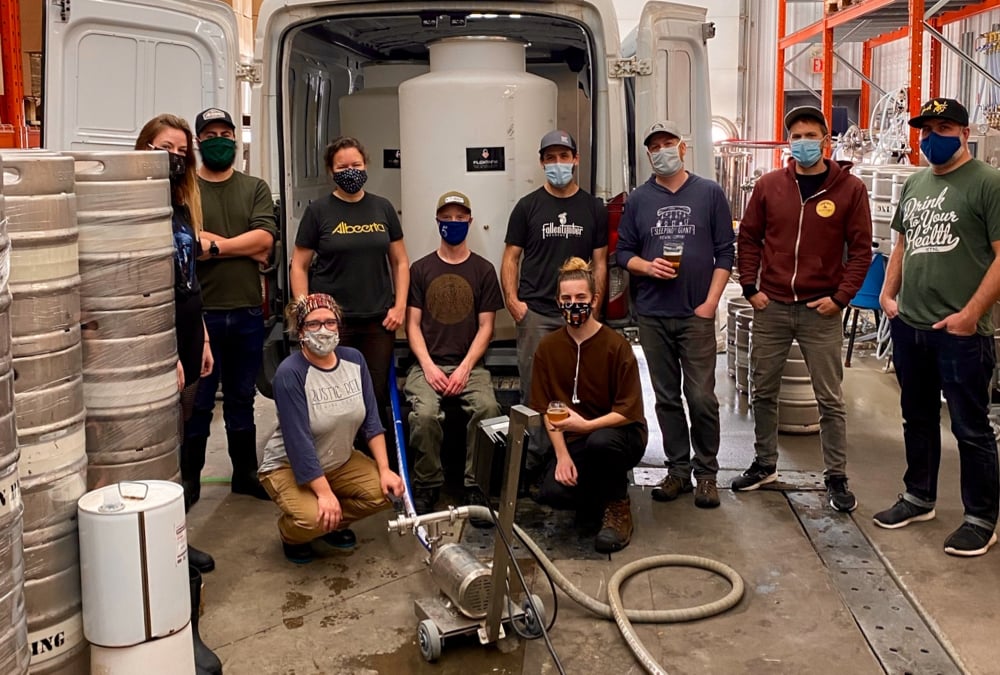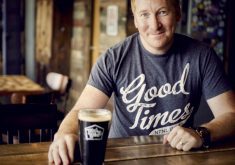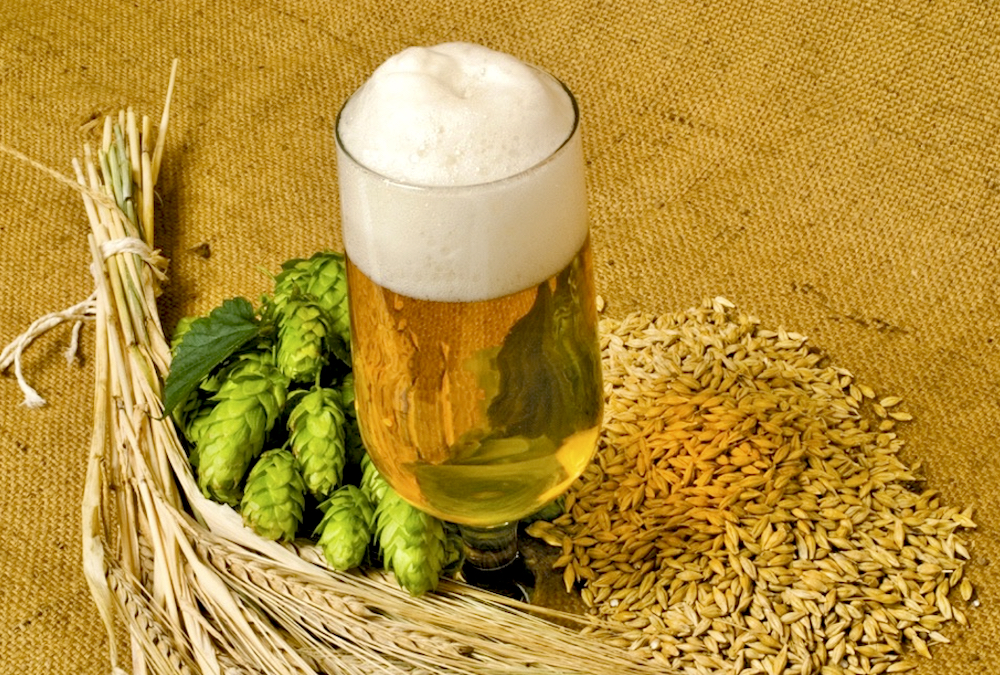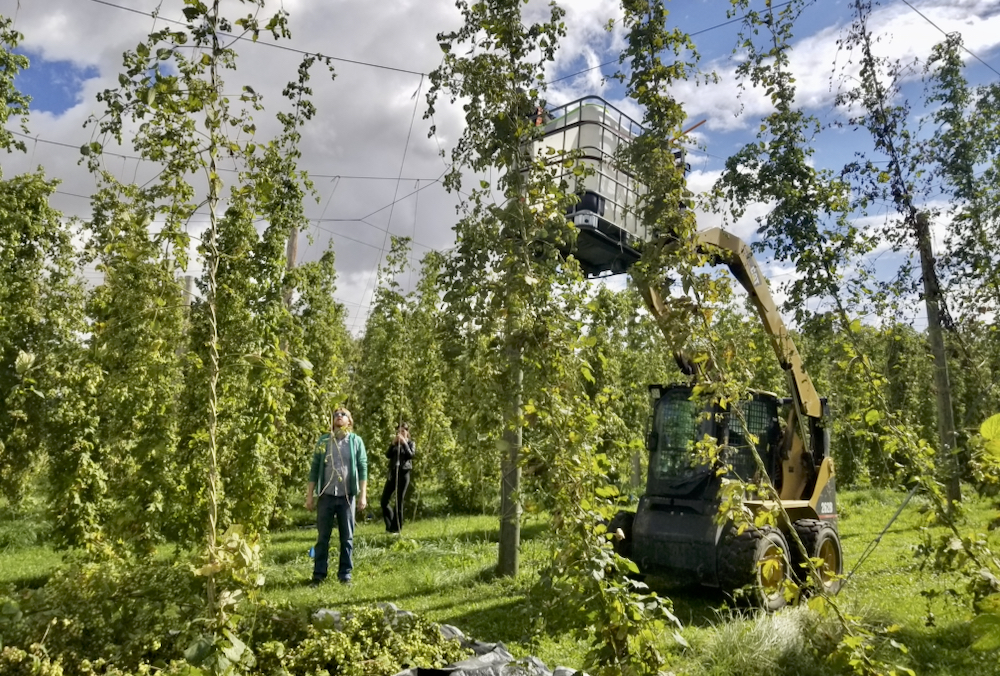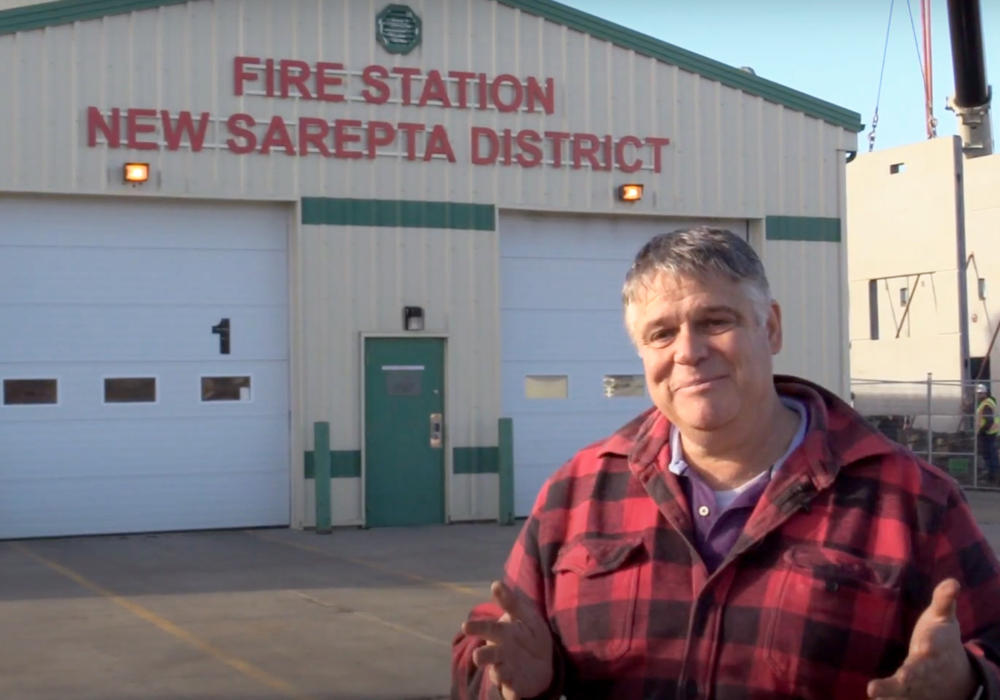An Alberta craft brewery is turning its carbon emissions into cash, thanks to a grant that will allow it to capture and reuse carbon in its brewing process.
“We paid $60,000 last year just buying CO2 in bulk,” said Kirk Zembal, co-owner of Blindman Brewing in Lacombe.
“If you’re using that much CO2 and producing that much CO2 on site, it’s pretty easy to make a business case for why you should just capture the stuff you’re producing already and reuse it.
“It’s one of these low-hanging fruits where there are really positive financial returns and lower emissions.”
Read Also
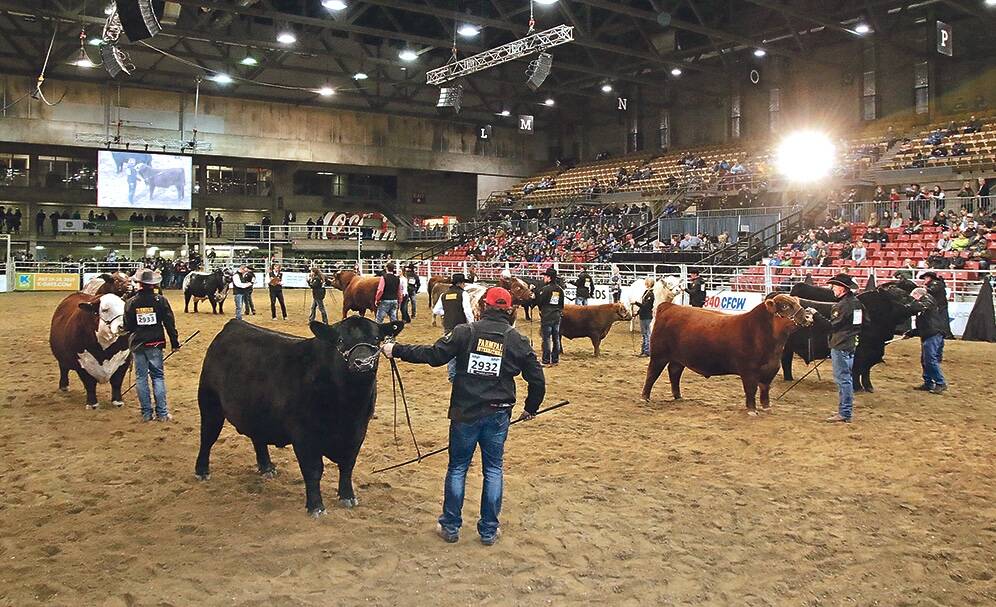
Farmfair International boosts accessibility with weekend schedule shift
Farmfair International is changing its scheduling format to include the weekend and hopefully attract even more attendees.
Breweries might not be top of mind when you think about major emitters, but during the brewing process, CO2 is created as a byproduct of the yeast consuming the sugars as it’s fermenting. Typically, it is vented, but using carbon capture technology allows Blindman Brewing to clean that CO2 and compress it for use in processes such as carbonating beer or purging kegs.
“We’re kind of a perfect utilization space for the circular carbon capture and reuse,” said Zembal. “We can expect to capture between 50 to 100 tonnes of CO2 in a year. That’s likely to be essentially all of the CO2 we would be producing through fermentation.
“We should be able to capture nearly everything we produce, and then use everything we produce as well.”
And because the CO2 produced by fermentation is biologically sourced and cleaner than, say, an industrial boiler that emits that gas through combustion, it’s much easier to reuse it.
“The CO2 we produce is essentially pure CO2, so we just have to clean it up a little bit and then reuse it. The cost and complexity to do that is way lower,” said Zembal.
The project, which received $102,000 in funding through Emission Reduction Alberta’s Food, Farming, and Forestry Challenge, will be the first in Canada to use this type of technology in a brewery. At a cost of about $140,000, the equipment should pay for itself in two to three years.
“That’s where the ERA comes in — it basically de-risks the project,” said Zembal, who hopes to have the equipment up and running by fall. “We are still a small craft brewery. We don’t have money just lying around for stuff like this. That’s definitely where the ERA helps out. We’re not taking such a big risk.”
Blindman Brewing is also working with Olds College to gather, validate, and disseminate the project data.
“We hope that our 1,100 brother and sister breweries across the country will be installing this, or similar equipment, down the road,” said Zembal. “We want to demonstrate this technology in a way that breweries across the country can really trust the data so they can make their own decisions.
“That way, it’s not just me saying, ‘Hey, you should buy this, it will pay itself off and cut your emissions.’ It’s me saying, ‘Look at the data — here’s how much it costs to run the thing and here’s the volume of CO2 that was captured and reused.’”
That’s just what it means to be part of the craft brewing industry in Canada, he added.
“It’s built into the ethos of craft beer — we just want to do better,” he said. “Everything we do, we try to do better, and that includes things like sustainability.”
It’s not unlike the ag sector, Zembal added.
Like farmers, craft brewers are “plugged into the community and really value sustainability.” Blindman, for instance, is part of a pilot project to help reuse and recycle the PakTech plastic carriers used in its packaging process. It will also be installing solar panels on the roof of its facility this spring.
“There’s such an opportunity for the ag sector to reduce emissions on behalf of everybody, and we’re the same,” said Zembal.
“We want to do what we can to really reduce our emissions — especially this low-hanging fruit. Anything we can do just helps out everybody.”

